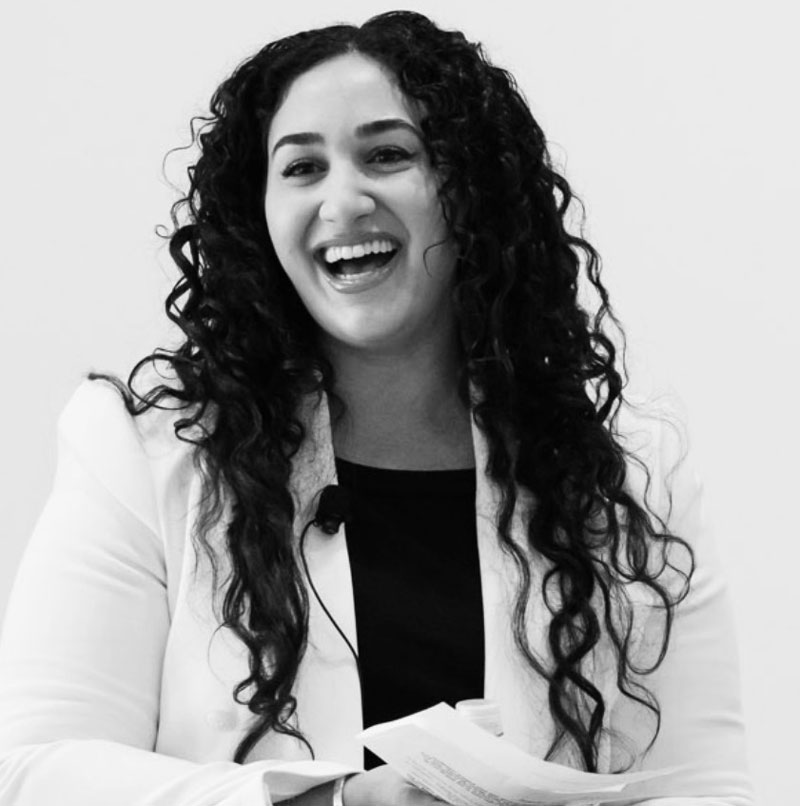Why Scam Protection Must Be Part of Financial Health Conversations
Fraud and scams cost Americans billions each year and undermine financial security and trust. Combating this crisis requires cross-sector collaboration, education, and innovative defenses.
-
Program:
-
Category:
-
Tags:

 *This article was sponsored by JPMorganChase. All views, language, and endorsements expressed in this are solely those of Mercedeh Mortazavi, Head of Financial Health, Global Philanthropy, JPMorganChase and do not necessarily reflect the views or endorsements of the Financial Health Network.
*This article was sponsored by JPMorganChase. All views, language, and endorsements expressed in this are solely those of Mercedeh Mortazavi, Head of Financial Health, Global Philanthropy, JPMorganChase and do not necessarily reflect the views or endorsements of the Financial Health Network.
Fraud and scams result in billions of dollars in losses every year. But they don’t just rob Americans of money; they undermine trust, peace of mind, and, for many, the very foundation of financial stability.
The savings that consumers work hard to build represent more than just numbers in a bank account – they represent security, independence, and the future they’re planning for themselves and their families.
But what happens when criminals threaten to separate people from their hard-earned savings?
When someone experiences fraud or a scam, the loss is both financial and personal. It’s the betrayal of trust. It’s the heartbreak of watching years of effort vanish in moments. And it’s a stark reminder that no matter their age, income, or background, fraud and scams can affect anyone.
This is not just a cautionary tale. It’s a growing crisis – one that threatens the financial health of individuals, families, and entire communities – and demands coordinated action across sectors.
- Americans lose an estimated $158 billion annually to fraud and scams – nearly $433 million per day.
- Fraud losses increased 33% from 2023 to 2024, according to the latest FBI data.
- Households earning less than $50,000 are twice as likely to be victimized.
Without intervention, these losses and inequities restrict economic mobility, asset growth, and generational wealth transfer – with ripple effects across families, communities, and our entire economic system. Raising awareness and building stronger protections is essential for everyone.
Engaging the Entire Ecosystem to Drive Change
No single institution or industry can solve this issue alone. We need to look at the entire fraud and scam lifecycle and work together across sectors – social media, telecommunications, law enforcement, policymakers, and financial services – to drive meaningful change.
The future is collaboration. It’s going to take all of us to implement solutions to combat fraud and scams. Potential opportunities for collaboration include:
- Building consumer education to identify and prevent scams.
- Implementing stronger security practices to stay one step ahead of evolving threats.
- Engaging law enforcement and building systems that block fraud before it can take hold.
Fighting Threats Through Innovation – Powered by People and Technology
As technology continues to transform the way people manage their finances – making transactions faster, more convenient, and more accessible – it also opens new vulnerabilities for fraudsters to exploit.
Scams have become more sophisticated, with bad actors using advanced tools like deepfakes, spoofed communications, and AI-generated content to deceive consumers. Cross-sector investment in cutting-edge innovations to identify and stop fraud before it happens is essential.
While technology is a powerful defense, true resilience is multifactorial. At JPMorganChase, we are empowering our frontline staff with robust training and tools to recognize and respond to scams as they emerge. By combining innovations with human insight, we’re helping to build a stronger and more agile ecosystem – one that adapts just as quickly as the threats do.
We are also strengthening partnerships across the public and private sectors to respond collectively to evolving threats. We are proud to be a founding member of the Aspen Institute’s National Task Force on Fraud & Scam Prevention and the Global Anti-Scam Alliance North America Chapter. Both initiatives bring together leaders across sectors to develop national strategies to help prevent fraud and scams.
What Can You Do Now?
You cannot have a conversation about financial health without discussing how to keep your money safe. The best defense against fraud and scams is awareness, education, and using intelligent tools that detect early signs, apply timely friction, and stop threats in real time.
JPMorganChase provides educational resources and hosts hundreds of workshops focused on fraud and scam prevention at our branches each year. These workshops are open to the public and aim to educate communities about the latest scam tactics and protective measures.
The path forward will require collaboration, innovation, and a shared commitment to preventing fraud. Protecting consumers from scams that can derail years of saving and earning is fundamental to building long-term financial health.
